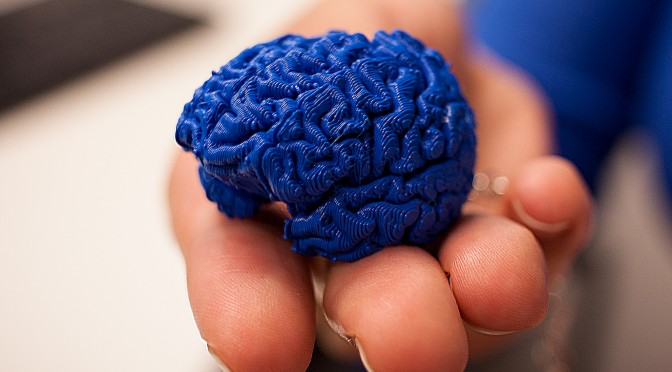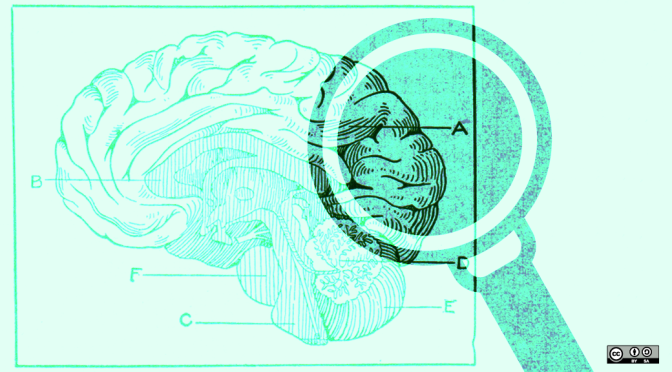By François Grosjean
Editor’s Note: This interview, conducted by François Grosjean, originally appeared on the Psychology Today blog, Life as a Bilingual.
Also worth noting, President Eric Barron recently wrote a piece on the Power of Language, highlighting the Center for Language Science. Ping Li runs the Brain, Language, and Computation Lab at Penn State, which is part of the CLS.
A short while back, Ping Li, professor of psychology and linguistics at Penn State, answered a first series of questions on the bilingual brain (see here). We can now continue the interview, and are grateful to him for the time he has devoted to our questions.
Could we go back to the bilingual experience and the impact it has on neuroplasticity, that is how it can lead to functional and physical changes in the brain?
Yes, another unique aspect of how the bilingual experience impacts the brain is related to the fact that bilingual speakers often have to change the language they are using and have to monitor this, not to mention intertwining their languages in the form of code-switches and borrowings. These processes, it has been suggested, result in positive brain changes in the frontal and subcortical brain regions (due to inhibition of the unwanted language(s)) and in the anterior cingulate cortex (due to monitoring). Continue reading What is different in the bilingual brain? Part II


